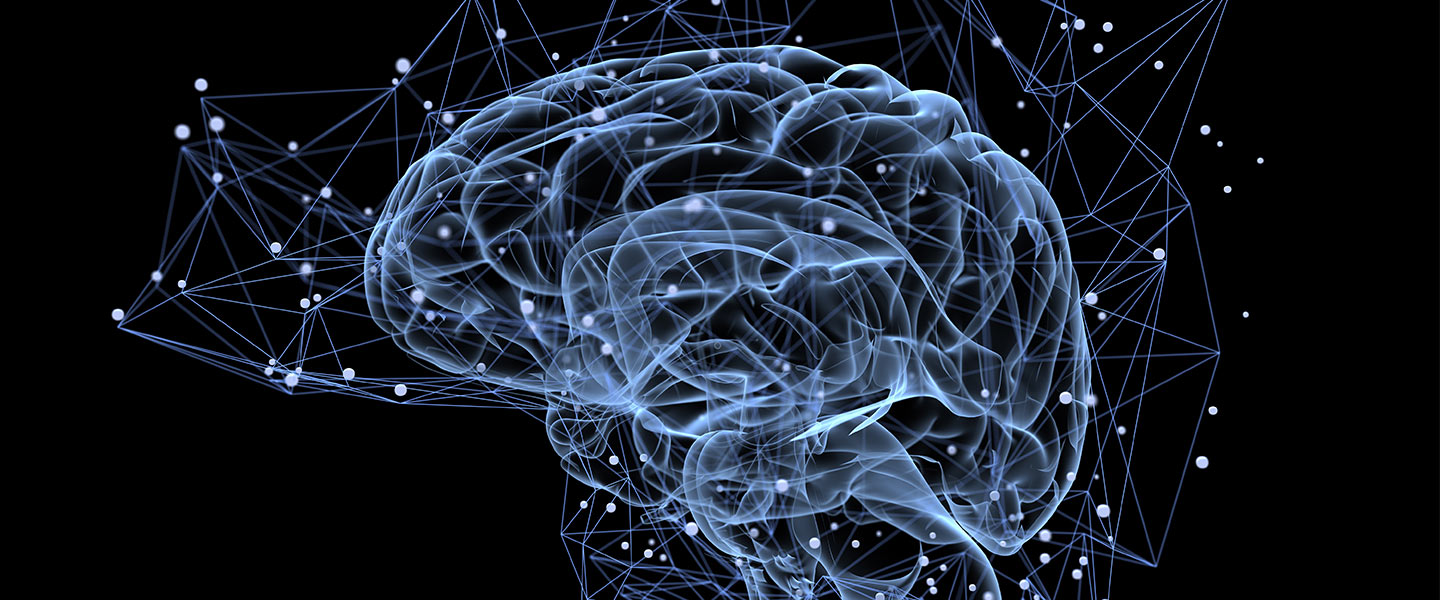Scientists Reprogram Blood Cells to Grow as Neurons in the Lab
Scientists Reprogram Blood Cells to Grow as Neurons in the Lab

Scientists report they have successfully converted human blood cells to neural precursor cells, stem cells that can be guided to develop into several different types of brain cells, or neurons. This achievement opens the possibility of using easy-to-obtain blood cells to create neurons whose genetic makeup matches that of an individual patient with a brain or behavioral disorder.
This new technique is an alternative to the more time-consuming method of generating stem cells with the potential to develop into any cell type from adult skin cells, then coaxing those stem cells to become neurons. See Stem Cell Technology Offers Rare Inside View of Brain Development and Schizophrenia.
The new approach, described in the June 9th issue of the journal Cell Reports, creates opportunities to conduct large-scale studies of genetic diseases using blood samples from past clinical studies as a source of neuronal precursor cells. Unlike skin cells, blood samples are routinely collected, easy to store, and often remain available long after a study has ended.
The team of scientists at McMaster University in Canada was led by Mickie Bhatia, Ph.D., and included 2013 NARSAD Young Investigator grantee Karun Singh, Ph.D. The researchers created neural precursor cells by genetically reprogramming blood cells from both cord blood (umbilical cord blood collected after birth) and adult donors.
The reprogrammed cells grew robustly, multiplying so much that the scientists were able to produce 100 million neural precursor cells from a small sample of 50,000 blood cells. With further manipulations, the team guided the reprogrammed cells to develop into specialized nerve cells of various types, including neurons found in the brain and spinal cord, sensory neurons that detect temperature and pain, and supporting cells known as glia.
The ability to generate large numbers of functional neurons in the lab could help researchers more efficiently screen potential drugs. Dr. Bhatia's team showed that their blood-derived sensory neurons degenerated when they were exposed to chemotherapy drugs, replicating a side effect that causes numbness and pain for many cancer patients. The cells could provide a useful model for studying these effects and developing better drugs. The cells could also be a valuable research tool for studying and developing treatments for neurological pain. Dr. Singh reports that his lab has already begun experiments aimed at using the new procedure to generate blood-derived neural cells to study neuropsychiatric disorders from genetically defined patients.



